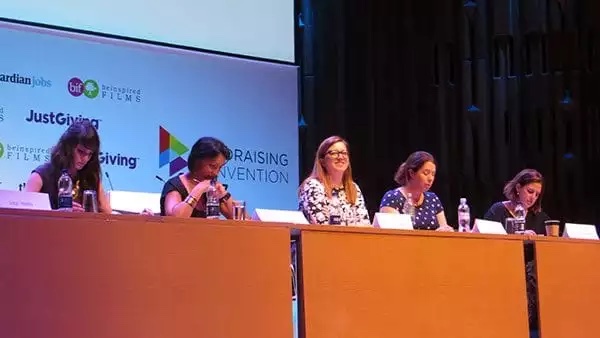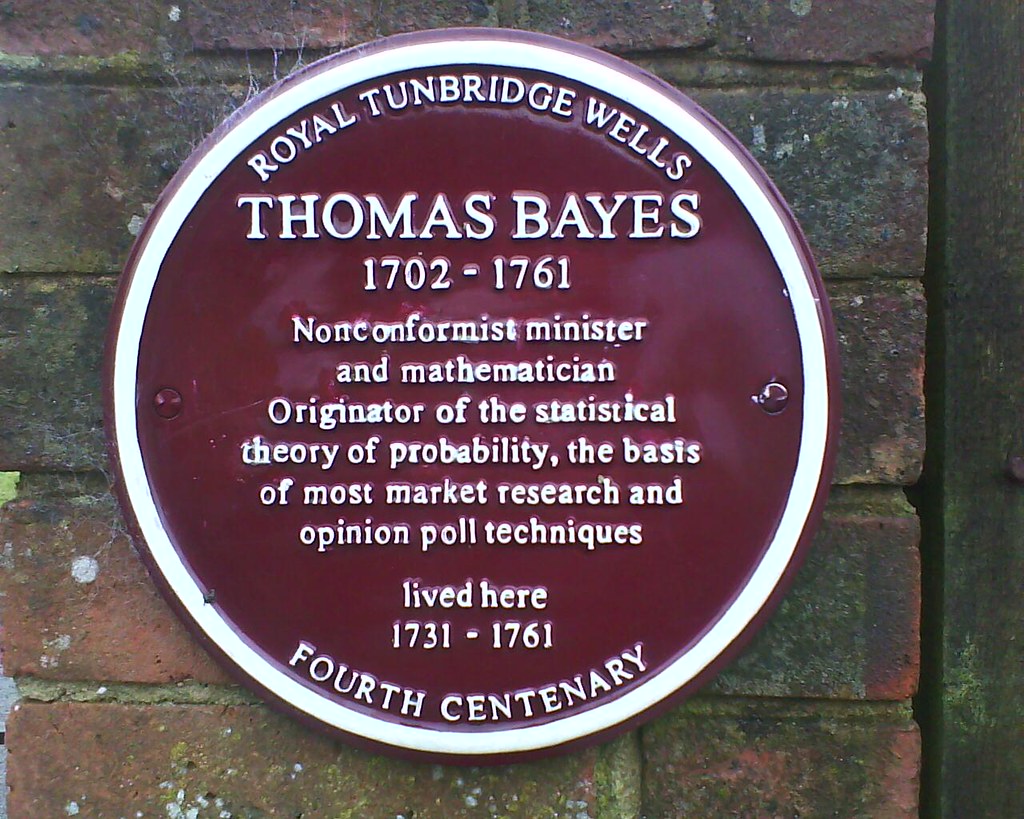My experience of being a woman in the charity sector

I attended the panel discussion about women in leadership in fundraising at the Institute of Fundraising’s Convention on Tuesday 4 July. I was excited by the session, it was going to be one of my highlights.
In the run up to Convention the Chair of the panel called out for names that would make the panel more ethnically diverse… and the Chair of the IoF’s Convention Board, Liz Tait, wrote a personal account of being both a full-time mum and a full-time Director of Fundraising – one of the barriers I have battled with in my own life – in a job she loves. And our new Chair of the Institute of Fundraising, Amanda Bringans, had just been interviewed the previous day in the Guardian about five big challenges facing all fundraisers, which included diversity.
According to the NCVO’s Almanac, women are now 65% of the charity sector workforce – this is steadily going down each year, which is great. According to a survey by Third Sector in 2014, women make up just 30% of the Chief Executives of the top 50 charities, are just 36% of trustees on the boards of these charities and are 44% of the senior management in the same charities. Its 2017 survey found that “management teams and boards are more diverse, but only marginally”.
Advertisement
Shockingly, the senior management of these organisations was only 6% non-white and the trustee boards were barely better at 8%. It is unquestionable that something is awry and we all have a role to play in finding the problems and addressing them – some individually and some collectively.
The session was run twice – I couldn’t attend on Wednesday. And maybe this was the problem: maybe we are so bad at diversity that we really can’t find many female leaders who aren’t all of these: white, straight, forty-something, parents. On Tuesday, there was one non-parent and one non-white woman. It was the least diverse panel I’ve ever seen talking seriously about diversity.
Several of the panel members had started their working lives in the 90s in another sector – a couple in advertising and one in banking – and all reflected the lack of overt sexism in our sector compared to their previous one and these women all said that they had not experienced any sexism in their work in the charity sector. There was acknowledgement that sexism is generally less overt nowadays and that it does exist in our sector but the sense was that this isn’t the issue.
Three stories
I disagree. And I can prove it in three stories:
1. In one of my earliest jobs interacting with donors, I was having lunch with a significant donor. At the end of lunch we walked towards the street to hail a cab to get back to the station. He slapped me on the thigh and told me to “run along filly” because my legs were better than his and so I’d find it easier to attract a taxi. In shock, I said nothing and felt awful. I told my boss the next day and she told me we couldn’t afford to lose the donor and that his generation don’t really mean it the same way as I took it.
2. I was working at a charity as a senior member of the fundraising staff. I had a meeting with the chair of trustees to discuss the investment I was seeking in order to grow the fundraising. The meeting did not go well. He said “Beth, you are our investment in fundraising, can’t you just get on with fundraising?” As we were walking away from the meeting, which had been very discursive and had ended without agreement, he put his arm around me and squeezed me to him whilst saying “this would all be so much easier if you were just friendlier, Beth.” He went to kiss me but I managed to wriggle away.
I had no idea what to do. It was his word against mine, he was pretty much on the verge of terminating my contract due to our difference of opinion as to whether I could raise £millions without any resource, and I needed the job. I made a feeble excuse and went in the other direction. I then bumped into another trustee who let me know she had seen what had happened and was concerned. I made another feeble excuse and rushed home. But the next day, I knew I needed to say something so I spoke to the Chief Executive. I told her this other trustee had witnessed everything. I don’t remember much being said – she was going to give this situation some thought, it was tricky, etc. My contract was terminated about a week later.
3. A couple of young female fundraisers I was working with met a potential major donor at his hotel lobby one evening for a drink to discuss some queries about his company’s fundraising for their charity, which had already been discussed at length and contracts were being exchanged. The company had already put the charity’s logo on their website (we had asked them to remove it). He invited them up to his room to continue the conversation. He suggested that a significant personal gift would be forthcoming on top of the corporate support if they carried on talking. The two fundraisers said no, that the lobby bar was plenty private enough. He withdrew his company’s support shortly afterwards.
These shocking stories should not distract you from the everyday sexism that I face, that I don’t think the men in the room realise they are exhibiting: being talked over, being second-guessed, being ignored. Or the sexism that is more overt: my face being moved so that the kiss can be planted on my lips not my check for example. And that’s before I tell you how many people – strangers some of them – think it is okay to ask me why I haven’t had children yet. Whilst this isn’t a topic I’m afraid of talking about, I did take offence at the woman tapping her wrist in a “time is ticking” fashion when I garbled some terrible response to this question – having been caught totally off-guard – about it not having been the right time yet.
Zero tolerance
The shocking examples from my own career planning are from when I was much younger when I was less confident and lacked the support network that I’ve since built around me. I learned from these experiences and I would not tolerate anything approaching these behaviours to me or to anyone I know. My advice to less confident, perhaps younger, fundraisers is that of zero tolerance – none of us needs to hit our targets so badly that we ought to even consider tolerating behaviour that makes us uncomfortable.
This isn’t enough
We mustn’t get complacent that we’re okay in our sector because it isn’t as bad as other sectors or because we’re nearly there… the effort to get us over the line is just as important as the effort to get this movement started in the first place.
It is important that we encourage a wider range of voices in discussions about what the barriers are and how to solve them. Just as we all say that homogenous trustee boards lead to homogenous senior leadership and we all agree that we must tackle the balance of gender, sexual identification, ethnicity, ability and age on the Board, then we must be careful not to take our foot off the pedal just because we found brilliant leaders who were all women; sadly, this isn’t enough.
If the voice of the assaulted fundraiser isn’t present on the panel it is too easy for all of us to forget that this needs addressing. After all, we’re addressing so very much already, right? More than that, though, my younger self would have appreciated the solidarity of knowing that the vast majority of my tribe – and all fundraisers regardless of gender, ethnicity, ability, sexual identification or age are my tribe – was appalled by my experiences. Most of us work in small charities, we can feel lonely on a good day and those days were definitely not good days.
My final plea for the expansion of our definition of a diverse panel is for the things I don’t know about. I have a horrible feeling that at least one fundraiser will read this and go “well, that’s nothing… this terrible thing happened to me and we are never included in these conversations about diversity!”
Beth Upton MInstF (Dip) is Chief Executive of Money Tree Fundraising.




